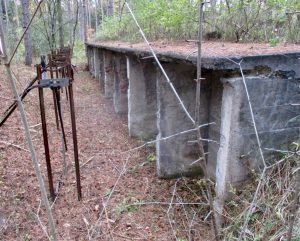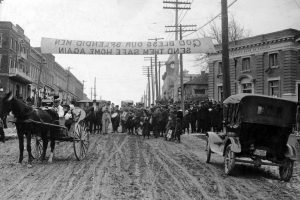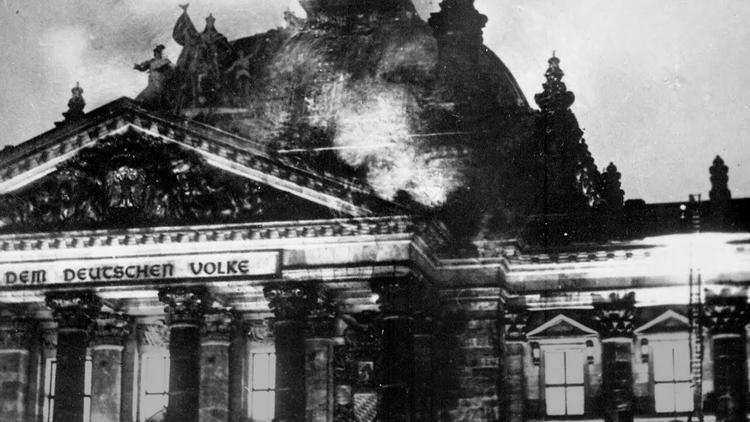It was nearly the last question I fielded the other night. I’d just told the story of Uxbridge youth Lyman Nichols – how (underage) he had joined Sam Sharpe’s 116th Ontario County Battalion in 1915, but when he turned 18 how, as a bandsman, he joined the 116th officially and marched off to the Great War, how he survived the battles at Vimy Ridge and Passchendaele, and how he’d come home wounded among 160 surviving soldiers (of the regiment’s original 1,600).
“What had helped the Canadians get through?” someone at my Vimy dinner audience in Peterborough asked.
“They were task-oriented,” I suggested. “Perhaps more than all the regular soldiers from Britain and the Empire, the Canadians before the war had been farmers, lumberjacks, fisherman, labourers, even students who all understood the meaning of getting a job done.”


